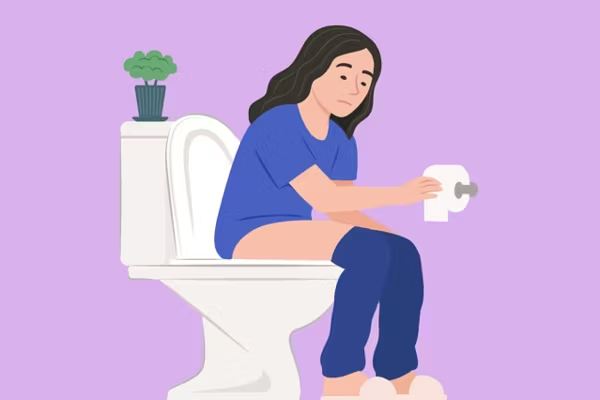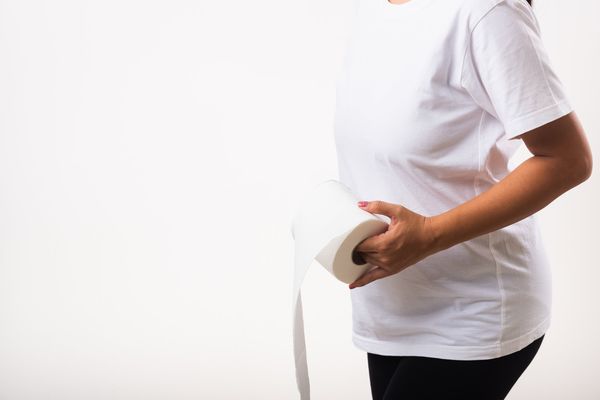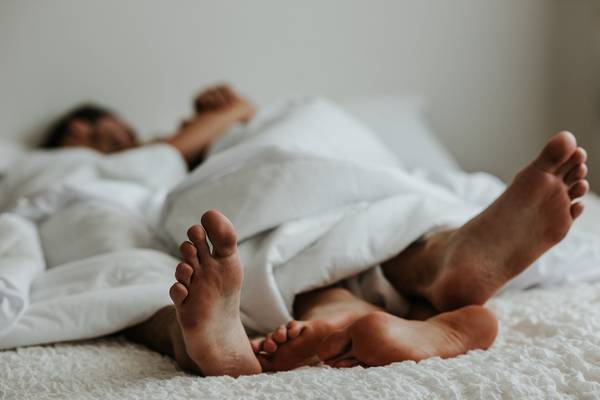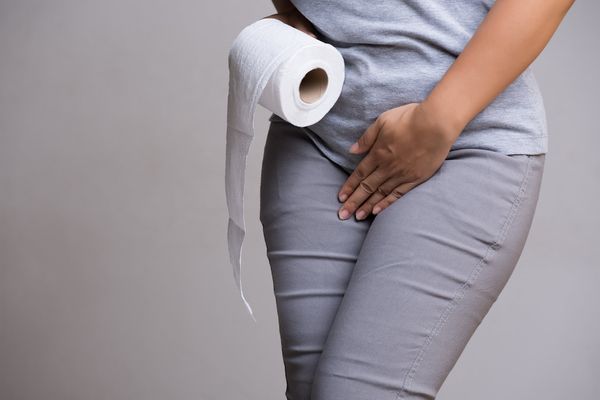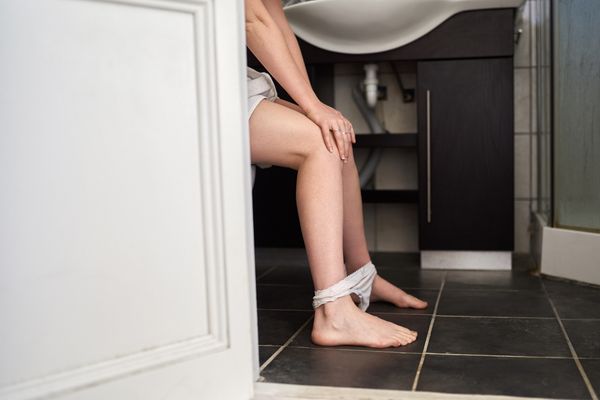By Sarah Haag, PT, DPT
for Women's Health Foundation
When our bladders start to misbehave, a million thoughts can pop into our heads. Do I have an infection? Again? Will I have as many bladder issues as my mom did? I'm never going to be able to sit through a movie again! How will I ever fly to visit my family if I have to pee every 10 minutes?
You will likely diagnose yourself with overactive bladder, or OAB. Urinary frequency or urgency is another diagnosis you may find on "Dr. Google." What all of those names indicate is that your bladder muscle (called the detrusor) is contracting more often than it should. These are symptoms that should be checked out by your health care professional to rule out infection or any other medical issue.
Once infection has been ruled out, there are many things that can help make that bladder behave.
The first question is usually, "Why is my bladder so grumpy?" And the answer to that question is important, because that will lead you to the most effective treatment. The most common reasons a bladder gets grumpy include dietary irritants, poor bladder habits or pelvic floor dysfunction. Sometimes there are a few reasons at the same time, so sorting out your symptoms by completing a voiding log is very important.
Once you've completed a voiding log, what's the next step? As a pelvic floor physical therapist, I'd say, "See a pelvic floor physical therapist." That sounds biased but trust me on this one.
A pelvic floor physical therapist can go over your voiding log with you and identify possible dietary irritants that may irritate the bladder and make it feel like you have to go more frequently. Not everyone needs the entire "bladder diet." Sometimes the irritant can be easily identified and addressed appropriately.
A pelvic floor physical therapist can also look at your voiding log and assess your bladder habits. Some people start to use the bathroom more frequently "just in case" they can't find a bathroom later. As a result, the bladder gets "trained" to go more often than it needs to. Pelvic floor physical therapists can help you learn some tricks of the trade to comfortably wait longer to go to the bathroom.
Read more about Easy Ways to Lessen Urine Leakage.
Finally, a pelvic floor therapist can assess the pelvic floor muscle function. While most of us have heard of Kegels, not many of us do them correctly. Proper training and awareness is key to making Kegels effective, if that's what you happen to need. We find often that people who have urinary urgency and frequency have lots of difficulty withrelaxing their pelvic floors. Learning to relax the pelvic floor (NOT Kegels!) can be the key to reducing urinary urgency and frequency.
Try These Alternatives to Kegel Exercises.
All of that being said, if you are experiencing overactive bladder symptoms, please know that there is help and you can start getting better right away!
Sarah Haag is a physical therapist and yoga instructor at @SarahHaagPT


